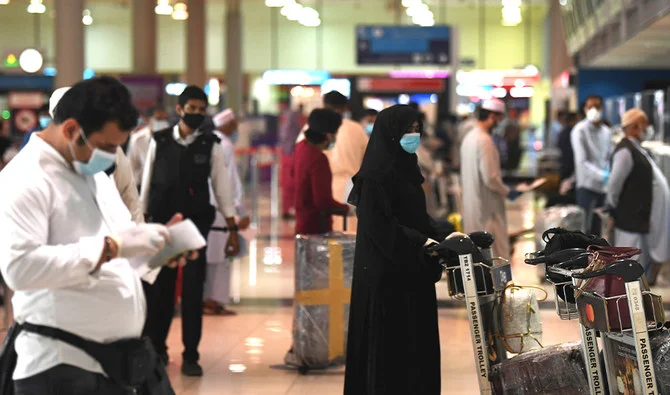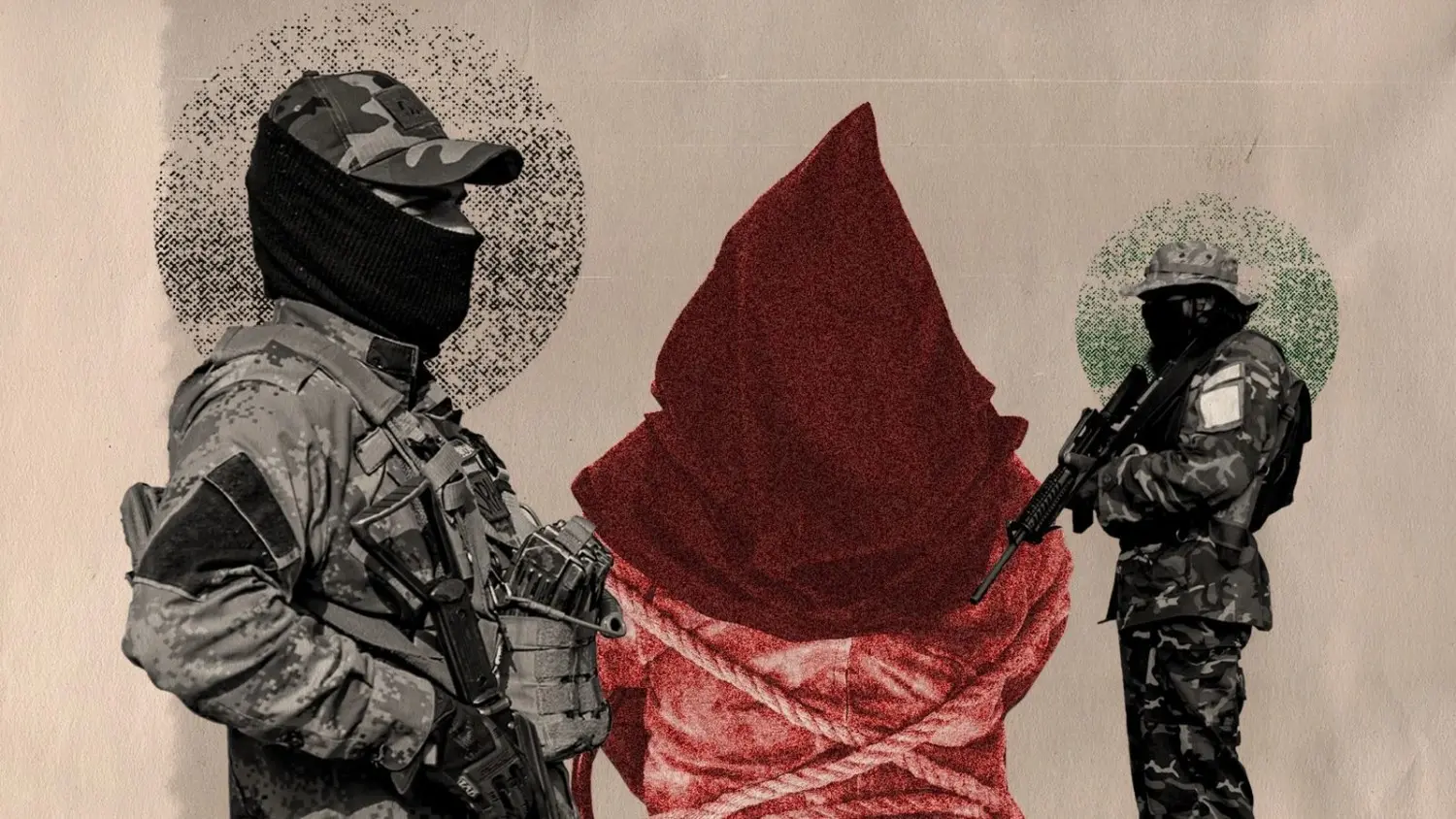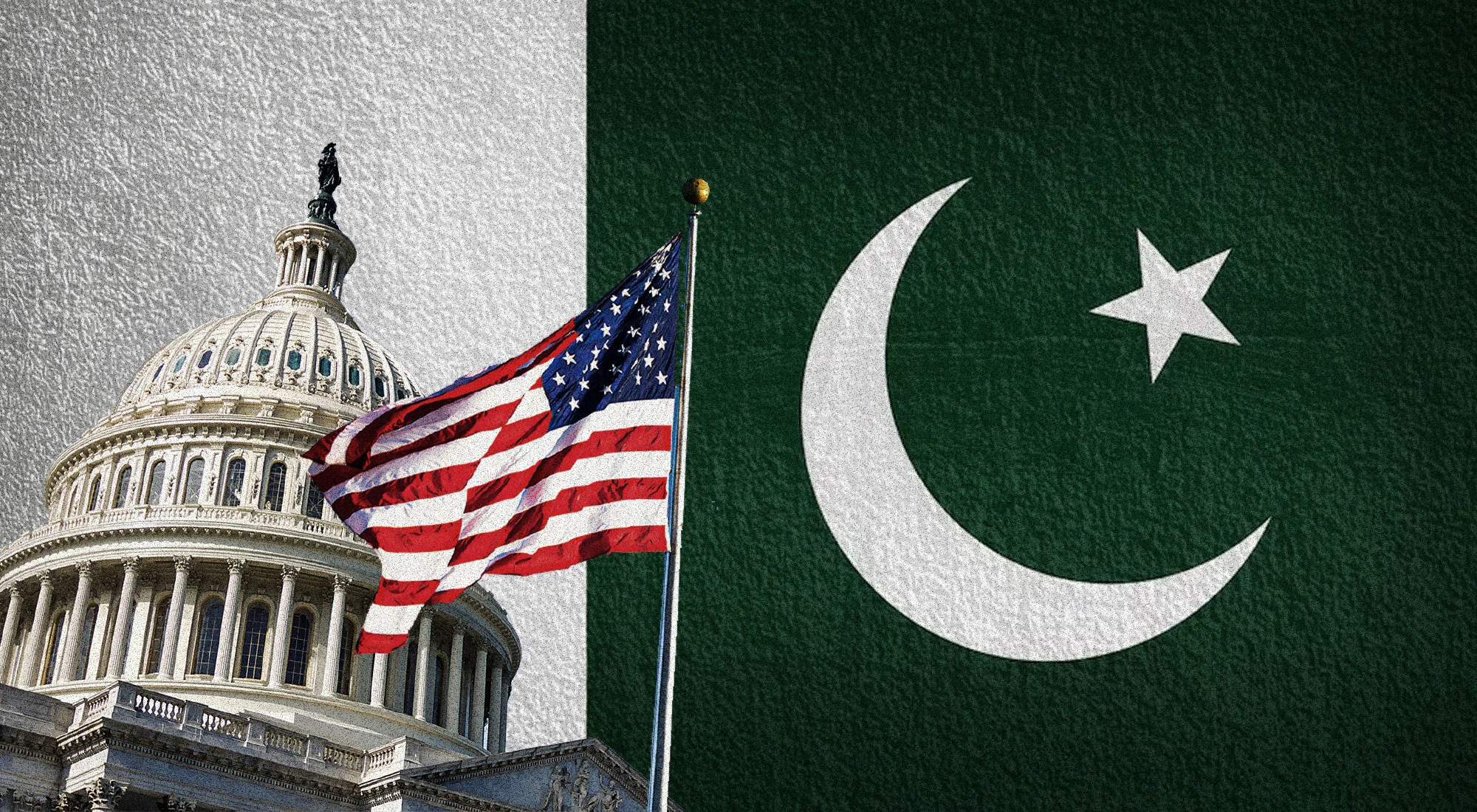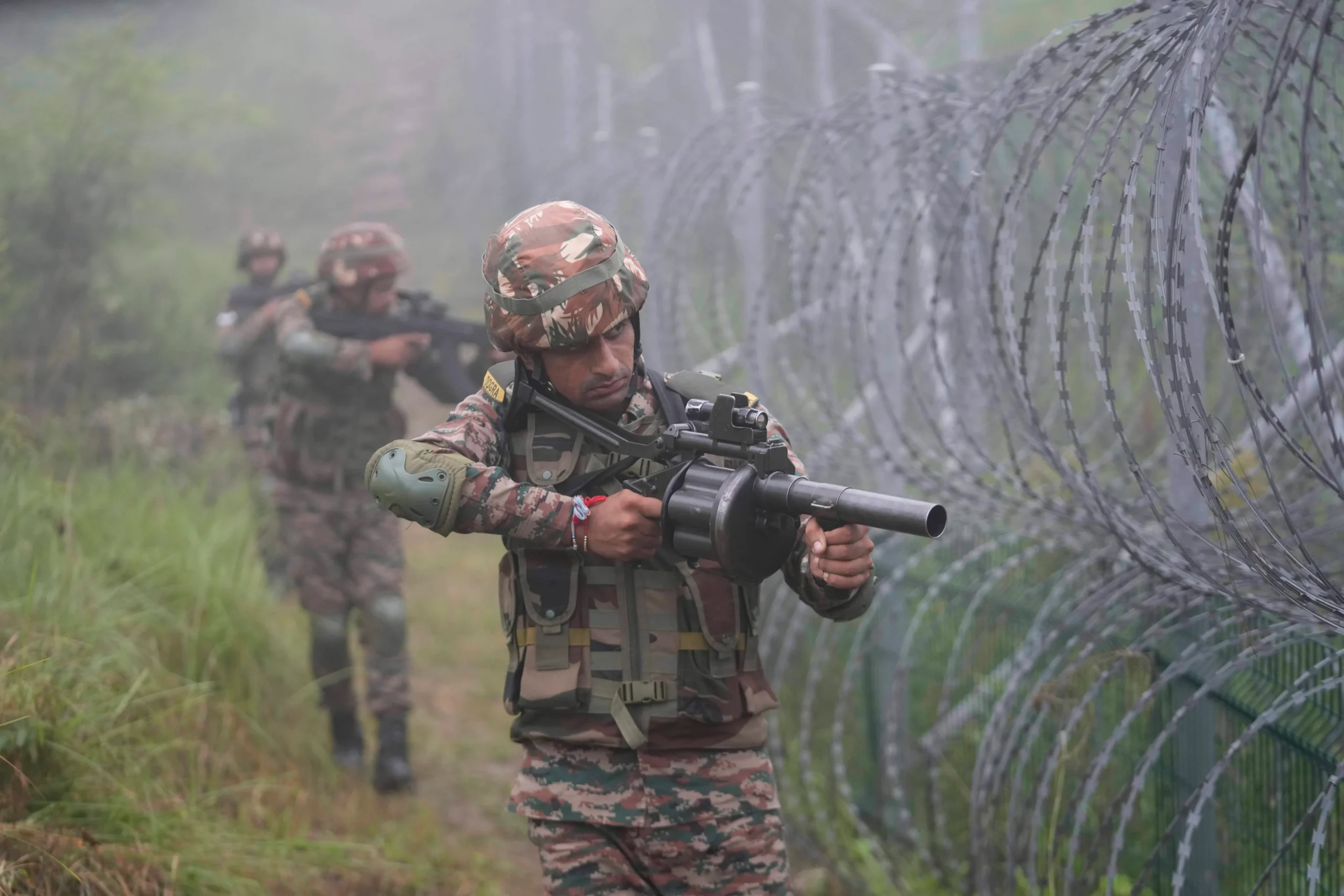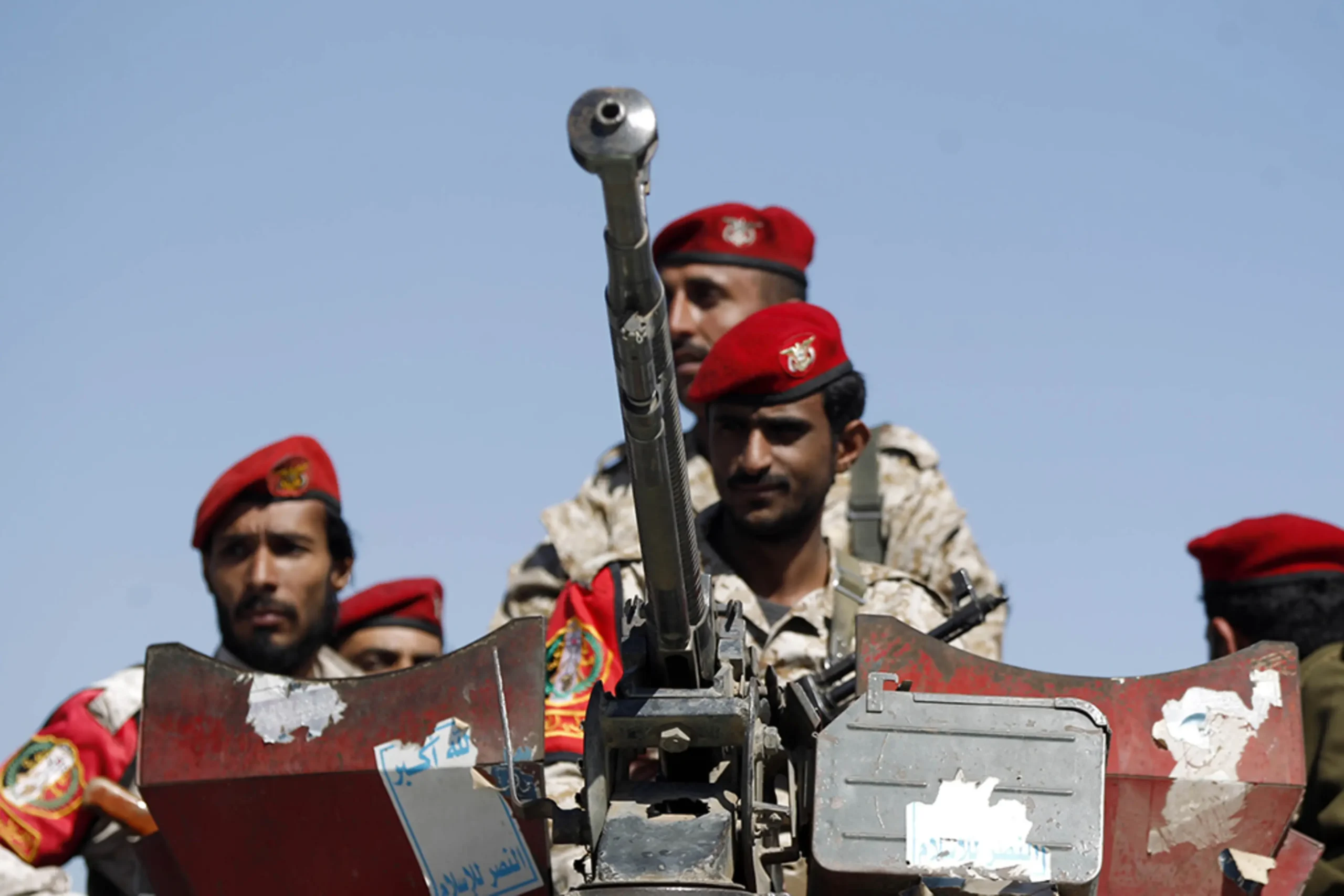Returning home during a pandemic is not a privilege, it is a right. It is imperative that overseas Pakistanis who wish to exercise this right to return to Pakistan, while stranded abroad, are not stigmatized. There are a number of reasons for thinking so.
To begin with, an overwhelming majority of the people, stranded abroad, who are looking to return are poor. Most of them are either laborers or doing other blue collar jobs outside the country. Many of us are poorly informed about Pakistani citizens who are yet to be repatriated.
Firstly, passengers arriving anywhere in Pakistan are being tested and asked to self-quarantine for two weeks. This was the decision taken at the NCC meeting which took place on 2nd June.
However all provinces have requested a change of policy to no testing and only self-quarantine, as quickly as possible, as with the numbers of people coming home surging upwards, they lack the resources to test everyone. This is under consideration based on the provincial request.
Secondly, the local transmission in Pakistan stands at around 94 percent as of now. This means that for every 100 cases diagnosed, 94 are local, and only 6 cases are travelers from abroad, both, by air and otherwise. Yet, the government has adopted a far more stringent attitude towards incoming passengers than for Pakistanis inside the country.
In my opinion, we need to be grateful to our overseas citizens. They have dealt with unprecedented and extremely tough circumstances alone, waiting for their turn to return patiently.
The good news is that relative authorities have announced that a comprehensive new policy will be in place soon, in order to ease and facilitate their return.

